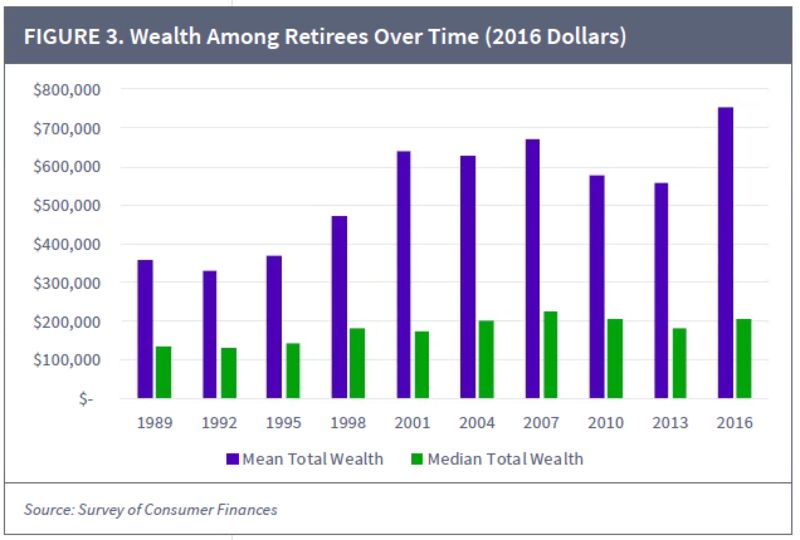The average retired 60-year-old now watches television almost three hours every day. The increases were largest in high-income, highly educated households, which experienced a 78 percent rise in couch time since 1975, versus 43 percent for lower-income households.
Retirees may not be learning much from their viewing habits, the report suggests. It cited 2016 Pew Research Center data showing that more than 55 percent of households older than age 65 watch cable news programs, and it noted that “one multi-country study found that public broadcast news (such as PBS) increased political knowledge, while cable news actually reduced knowledge that people have about actual events.”


